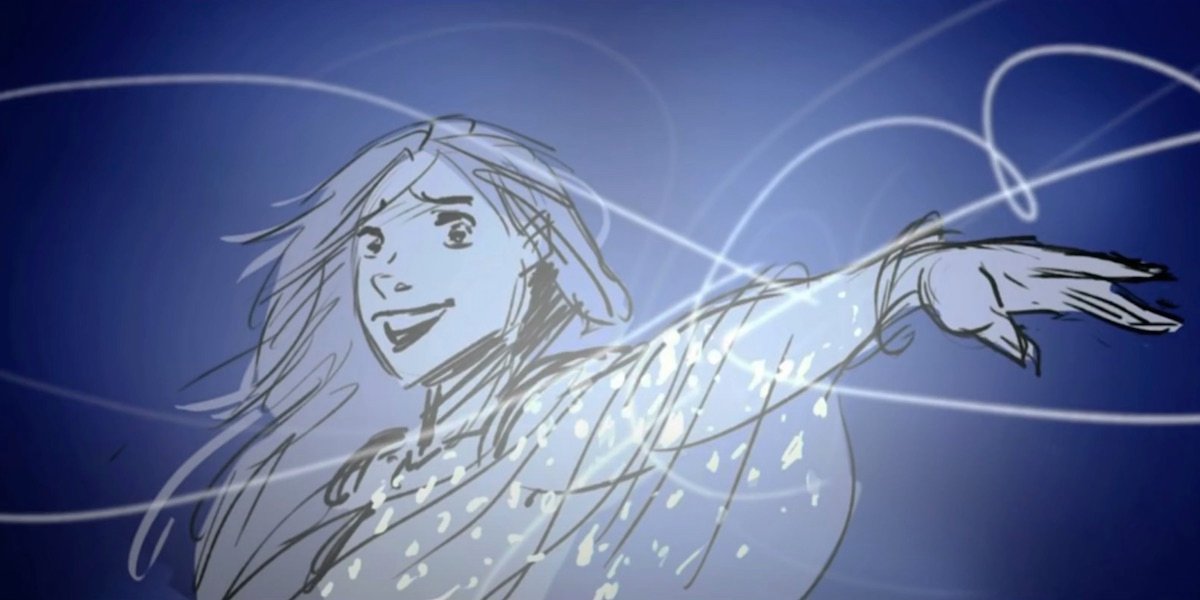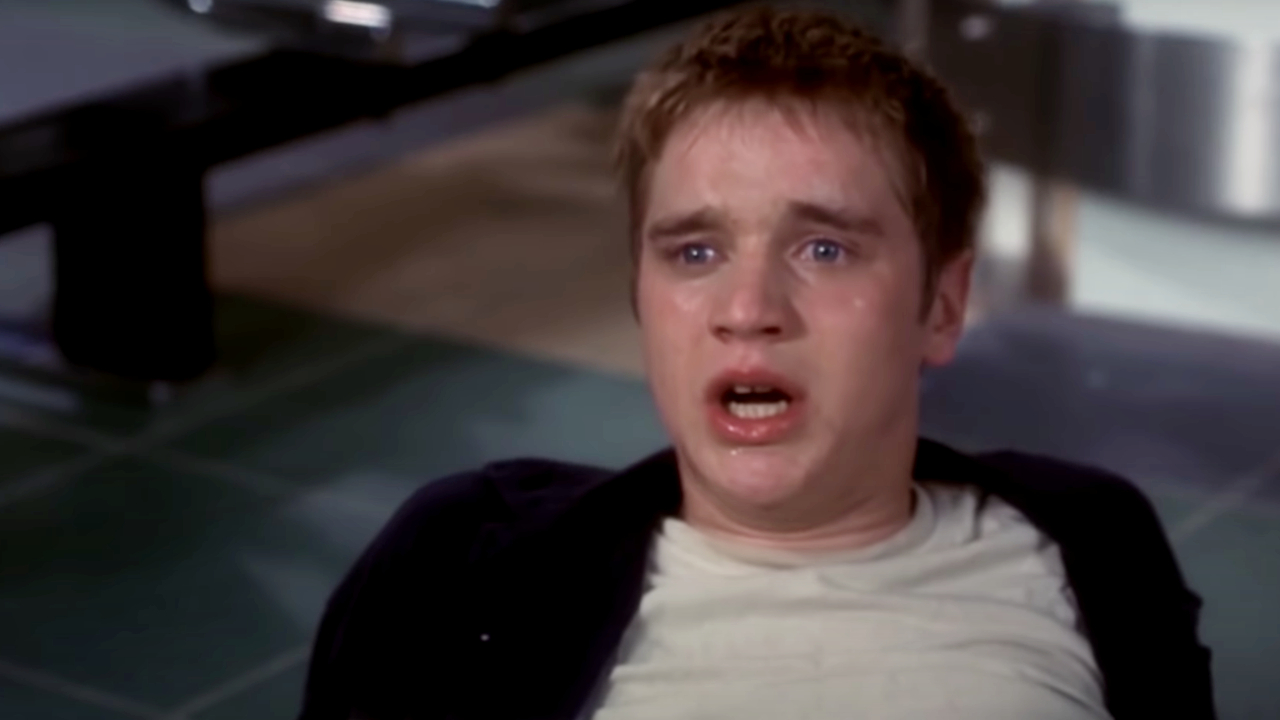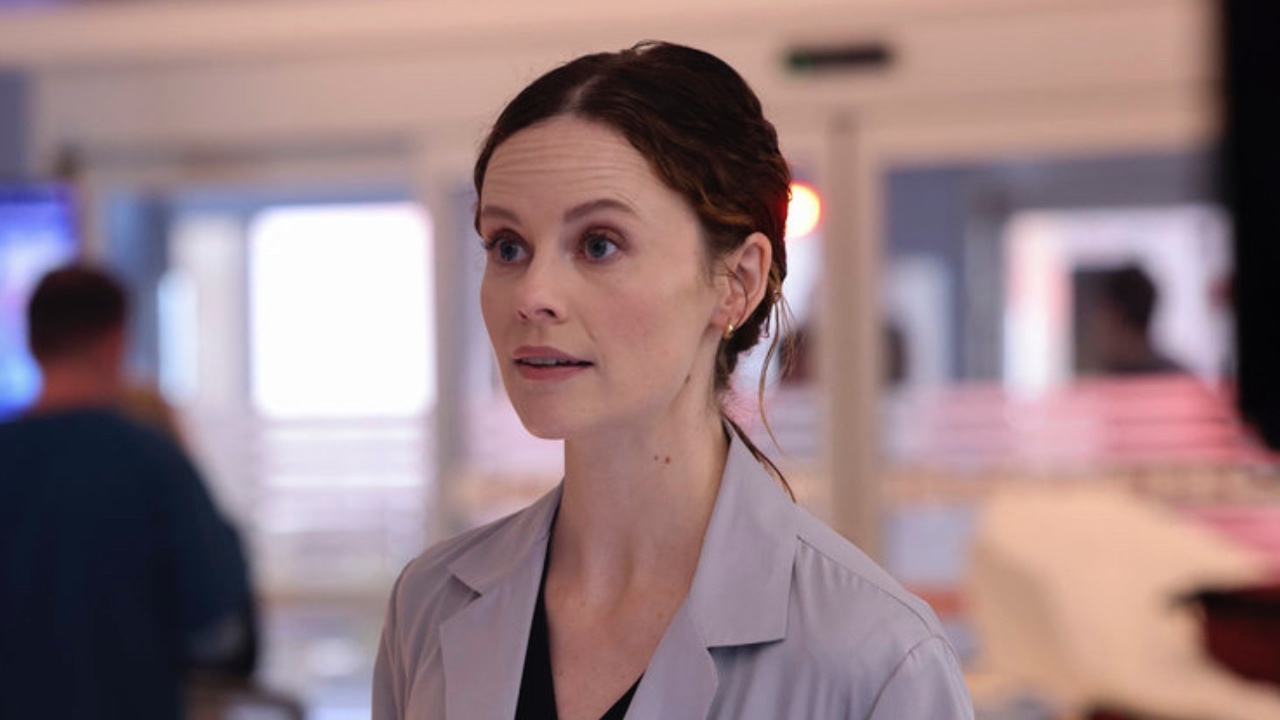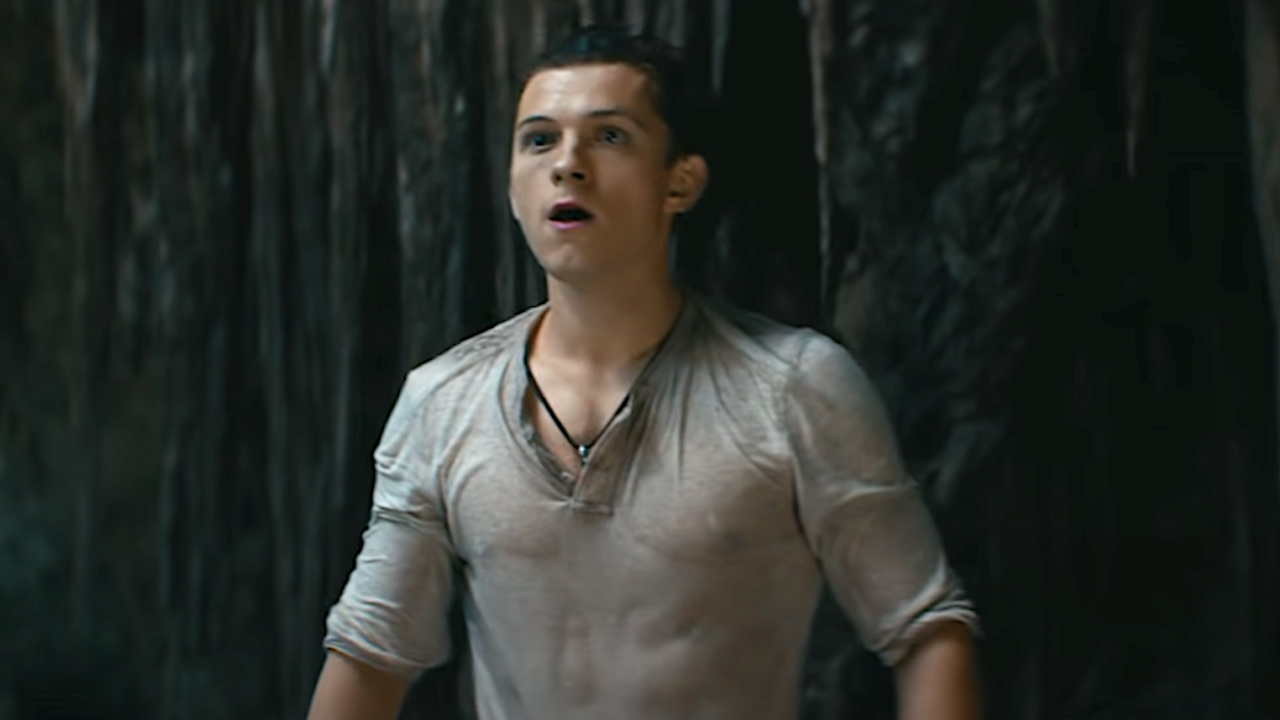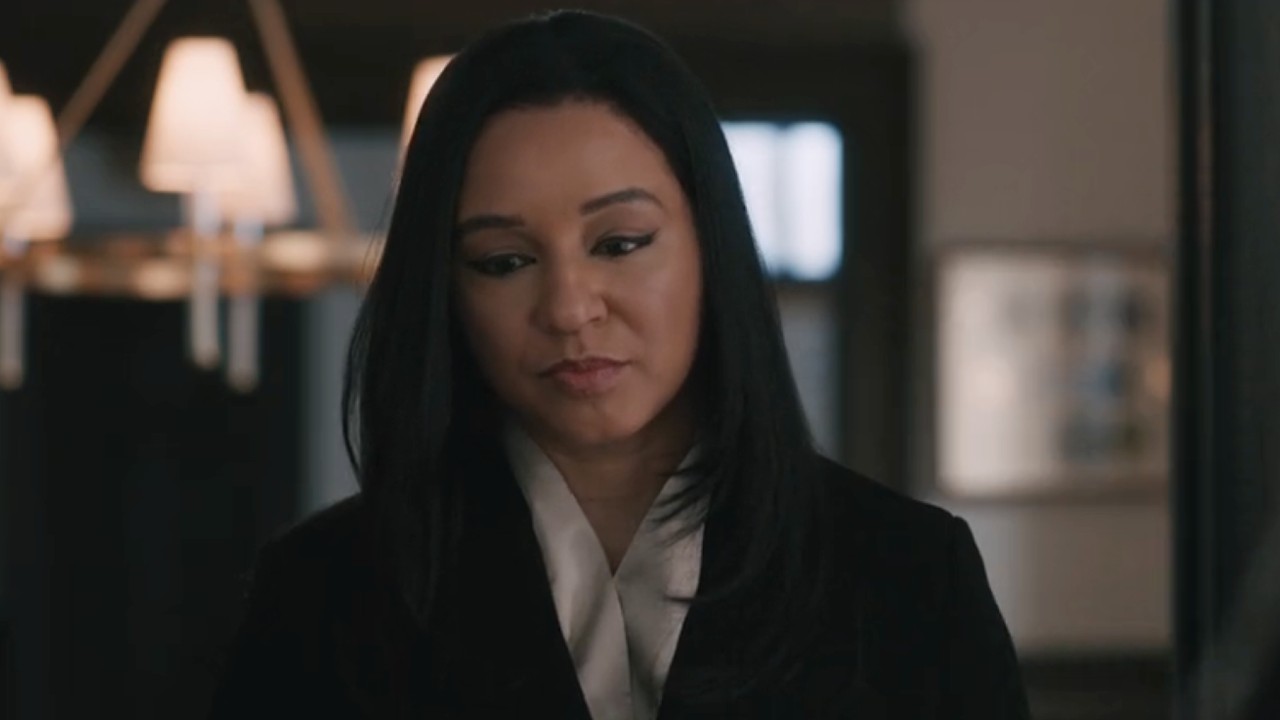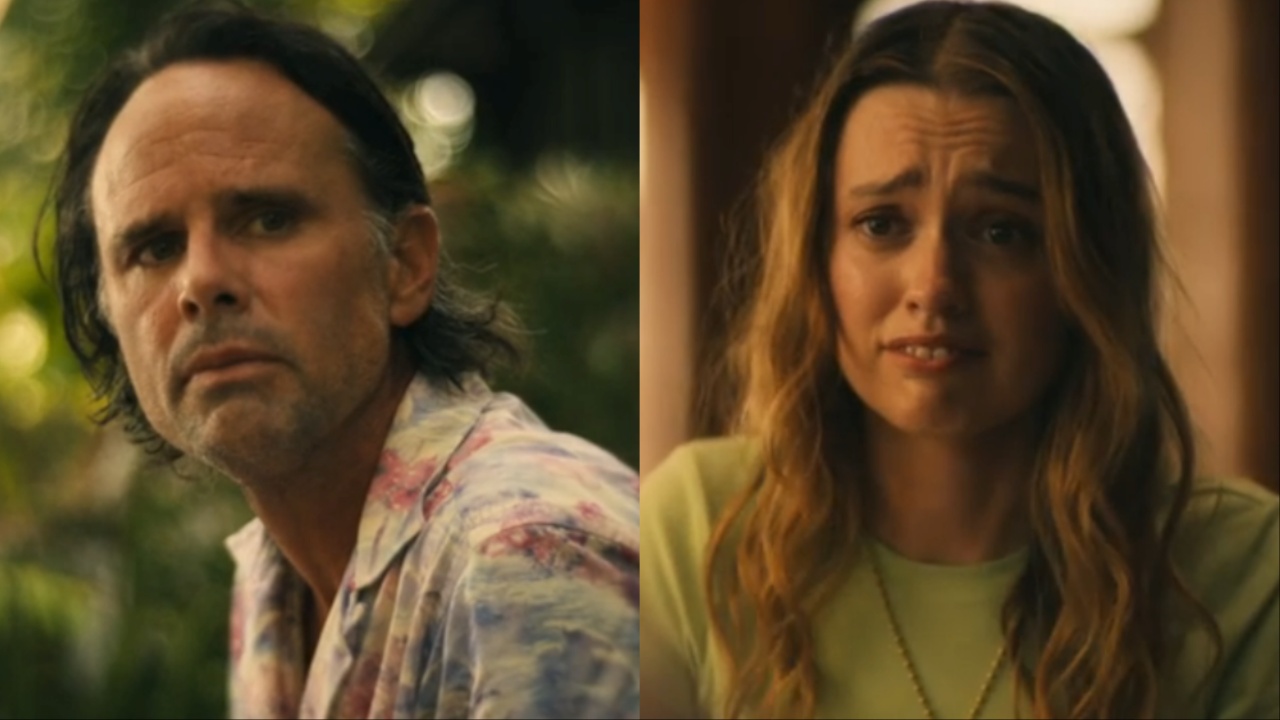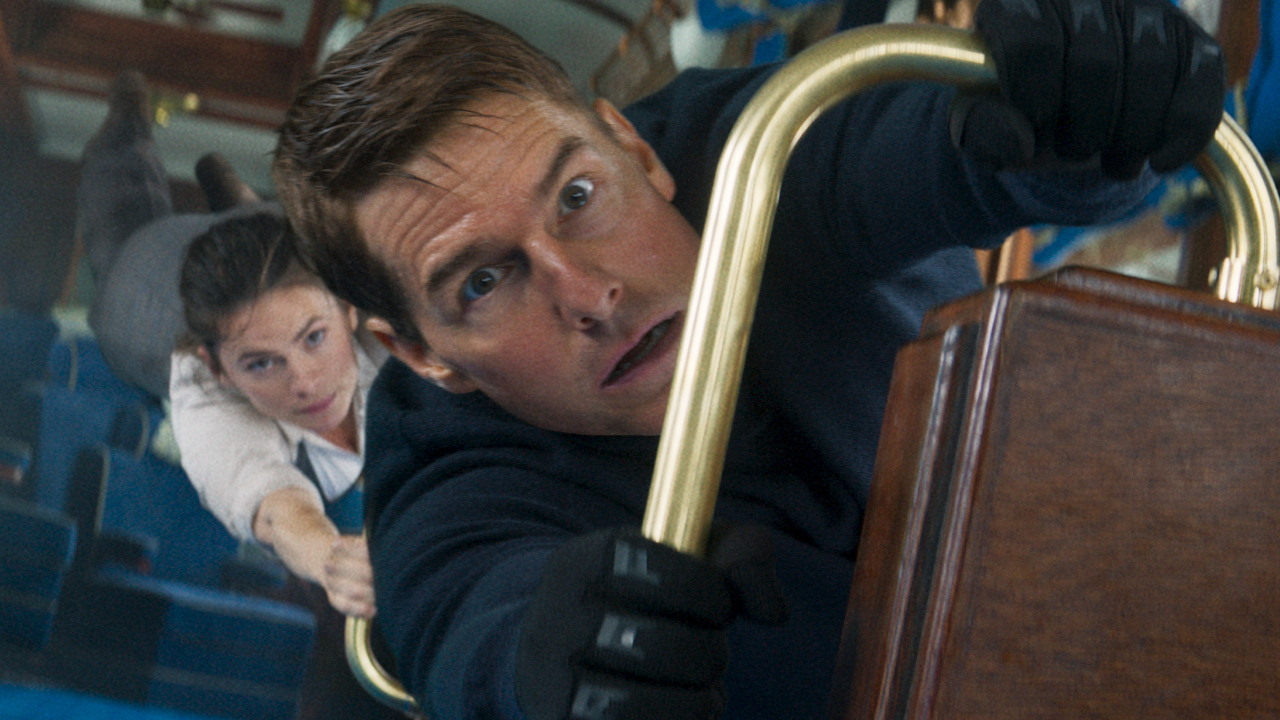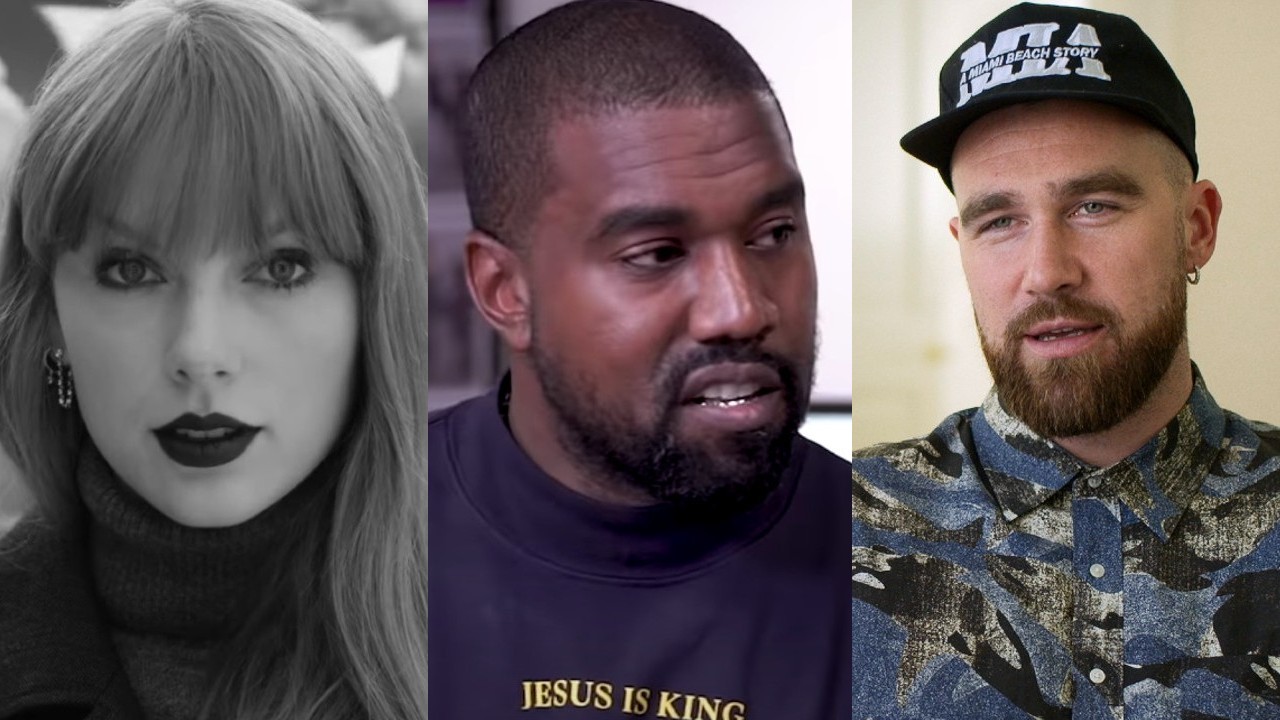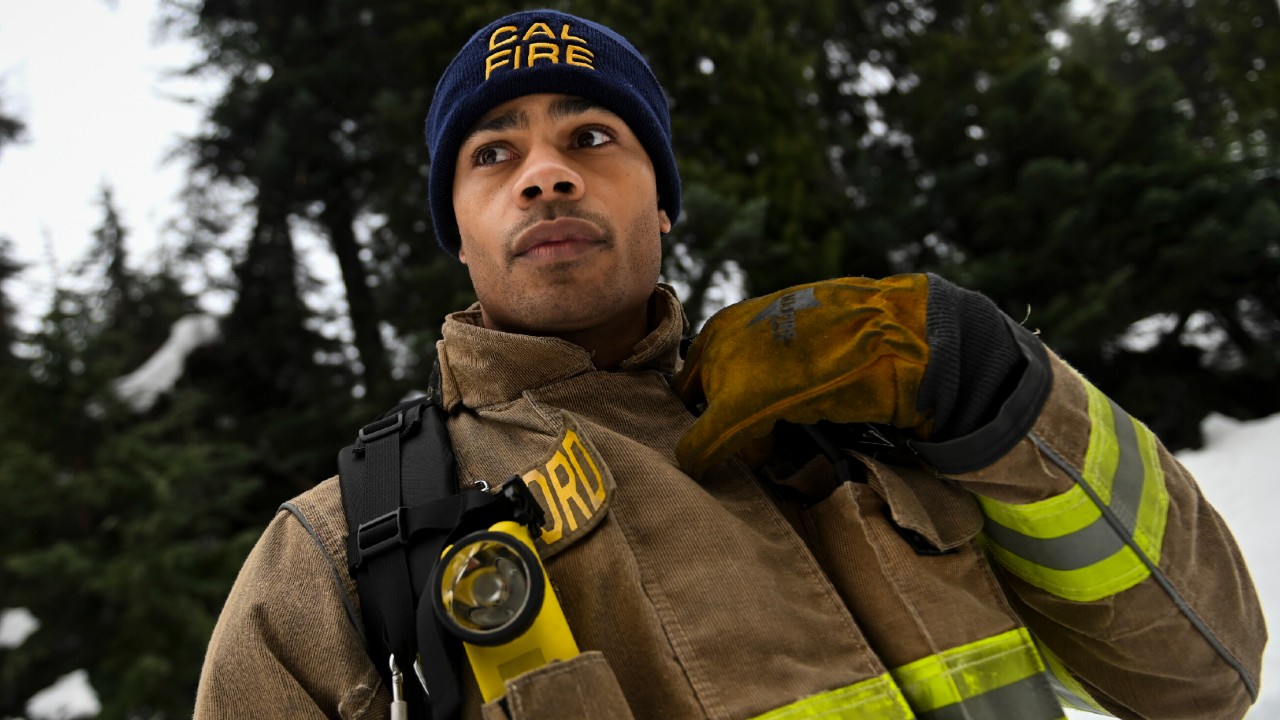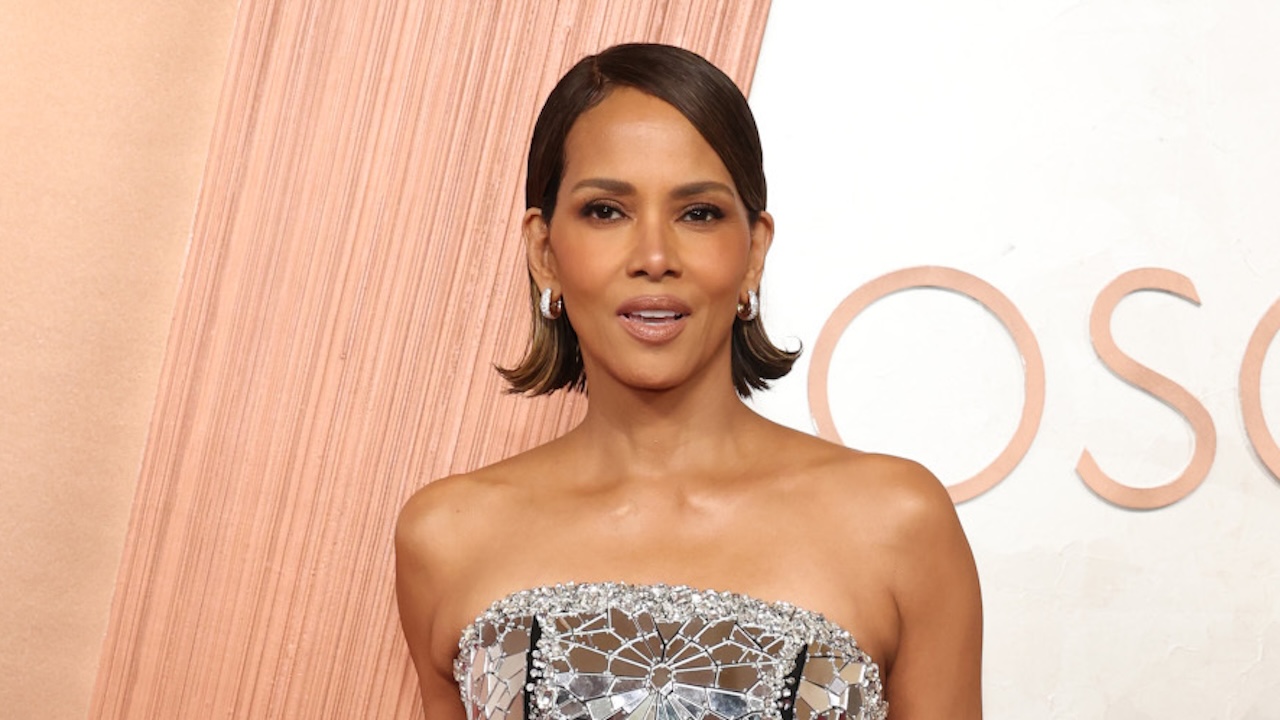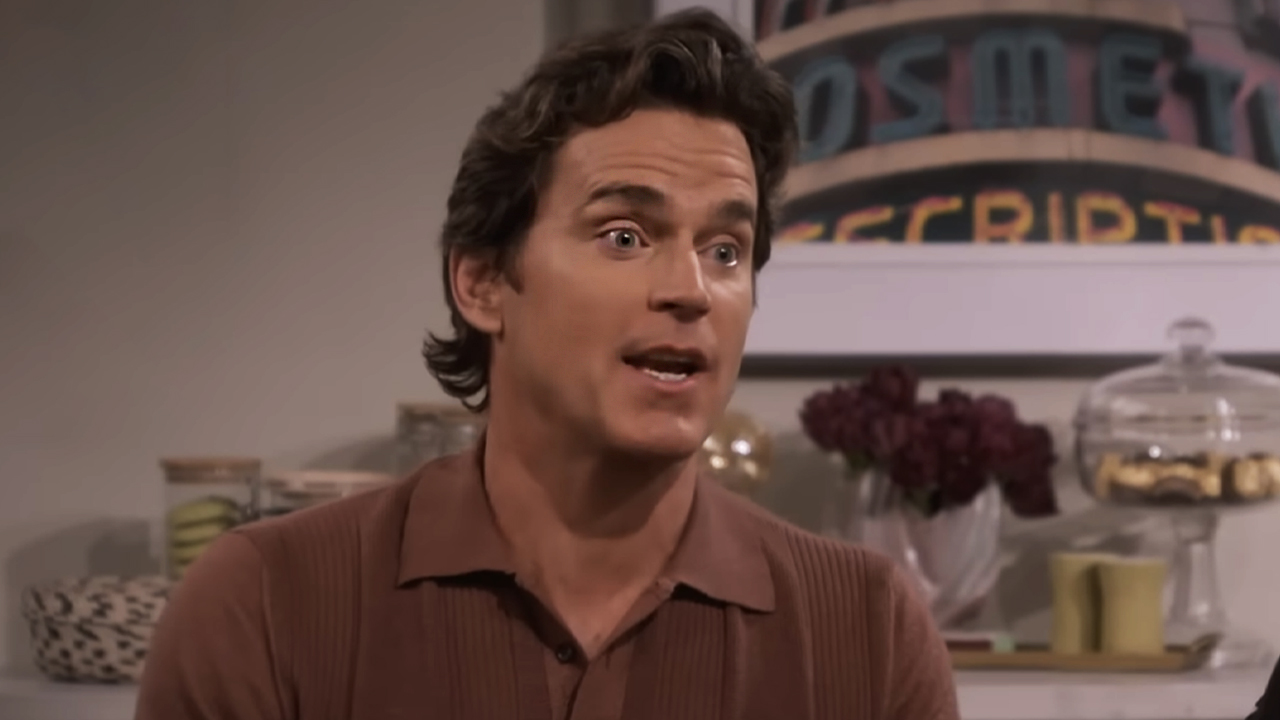Why Disney's Plan To Focus On Streaming Makes A Lot Of Sense
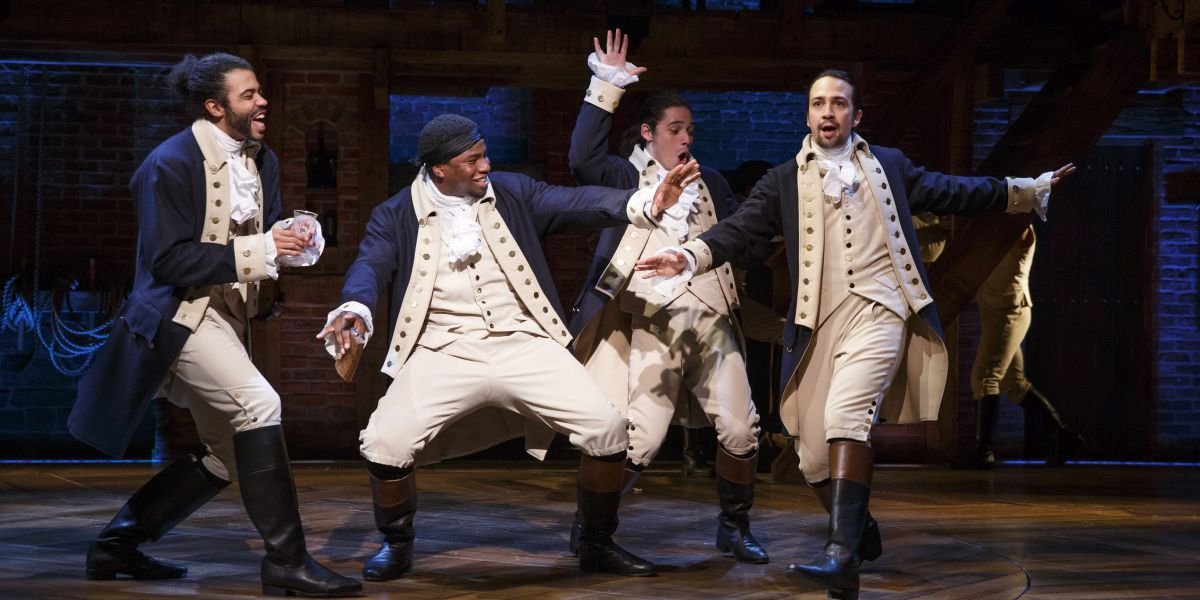
"The only constant is change" is how the saying goes, and yet, for the Hollywood film industry, things had been rather consistent for an awfully long time. While theaters went from film projectors to digital, and the home video market switched from VHS to DVD, the basic structure had been the same. A studio makes a movie. That movie gets released in theaters. Then it gets released for home viewing, and eventually it ends up on cable TV, where you fall asleep watching it on a lazy Sunday afternoon.
But streaming, combined with a global pandemic, has changed all that. Movies are now being released directly to homes. Universal Studios has a deal with AMC Theatres that will see some of its films arrive at home only a couple of weeks after they've been in theaters, even after the theatrical business can completely resume. But an even bigger deal was Disney's recent restructuring that puts Disney+ at the forefront of the company's future release plans. While this certainly is a major development that has the potential to change the landscape of film releases, it's not one that we shouldn't have seen coming.
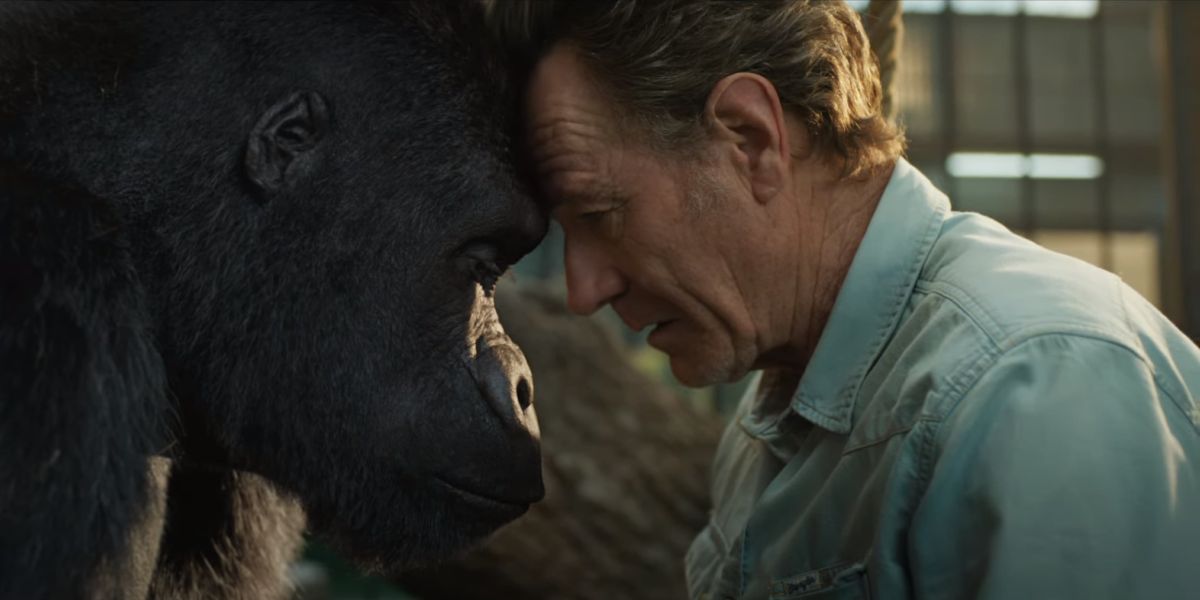
Disney's Approach To Theaters Was Already Changing
While not every year of the last several has been a box office record year, it's difficult to argue that the theatrical movie business has been doing quite well, at least from the studio side of things. However, the interesting trend that we've seen over the years, and more from Disney than any other studio, is that these huge box office numbers have been put up by fewer and fewer movies. Even in the mid-1980s, Disney CEO Michael Eisner's strategy of "base hits," not "home runs," meant seeing more movies released in theaters, and as long as each one, or most of them, were modest hits, the studio blossomed.
However, in the last few years, we've seen Disney releasing fewer and fewer films, with a big focus on franchises. Marvel movies and Star Wars have carried the day, with help from the ongoing run of live-action remakes and Disney or Pixar animation, which are essentially franchises unto themselves. There have been those outlying films and one-offs that have come out here and there, but they've been the exception rather than the rule.
This is why it was no surprise when the first movies that Disney moved to Disney+ during the pandemic were films like Artemis Fowl and The One and Only Ivan. One gets the distinct feeling that if Disney+ had existed when those films were put into production, they might have been destined for the streaming service from the very beginning. Artemis Fowl, if it had been any good, might have launched a franchise, but Ivan was never going to put up Aladdin numbers, and it's clear this is what Disney wants from its theatrical releases. It's what the studio needs since there are fewer total releases.
And with Disney moving to a theatrical blockbuster format even more strongly, it feels like the plan here is to use theaters only for those sorts of movies, with everything else going to Disney+. Going to the theater to see a Disney movie is going to become more of a special event; something that only happens when the biggest movies come out. It will still happen many times a year, but perhaps even fewer times than in past years.
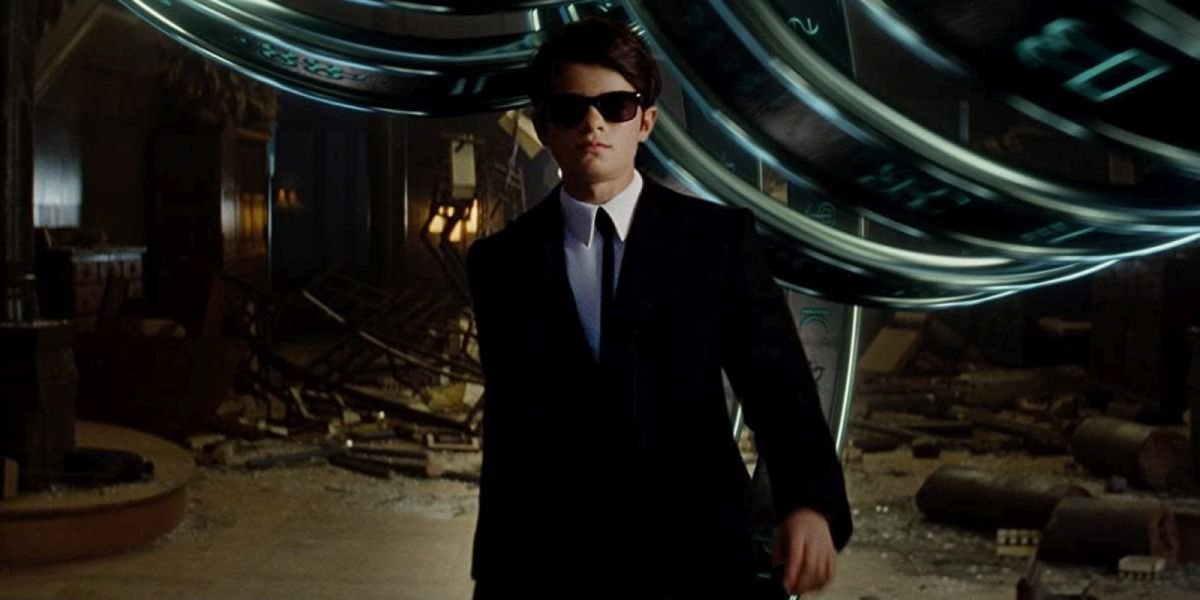
It Gives Disney More Flexibility
When Disney+ got started, a number of film projects were launched that were designed to be Disney+ movies, while others were set for theatrical distribution. One assumes a lot of consideration was made in deciding which movie belonged where, but once those movies were already done, there were probably some second thoughts. As I mentioned earlier, The One and Only Ivan feels like a Disney+ movie even though it was originally set for theaters. Now with the new structure, Disney can wait to make the call of which channel it goes through after the movie is actually done. A movie that was believed to be a box office blockbuster, but comes up short, can go to streaming, and a small movie that turns out really well can get a theatrical release too.
CINEMABLEND NEWSLETTER
Your Daily Blend of Entertainment News
And it also doesn't preclude Disney+ movies from making theatrical appearances. If I'm right that Disney is only going to release blockbuster "event" films in theaters going forward, then they can also turn around and turn popular Disney+ movies into theatrical events. Did you love Hamilton on Disney+? Now go see it in theaters during its special, limited, two-week engagement. My sound system at home is good, but I would pay to see the filmed version of Hamilton in theaters with that massive theater sound system.
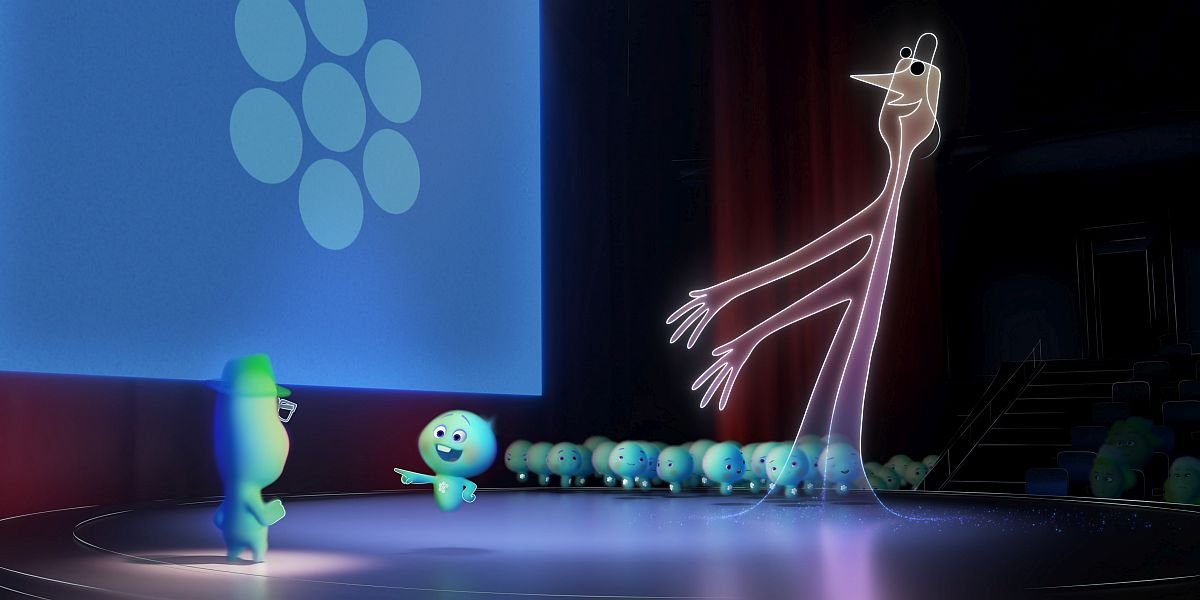
It Makes Financial Sense
At the end of the day, Disney is a publicly-traded business, and so you can be sure that this was, in large part, a financial decision. I don't pretend to know all the ins and outs, but under the current model, when a movie like Mulan makes the jump to Disney+, the Direct-To-Consumer (DTC) side of the business basically has to buy the movie from the studio side. It makes the books balance, but ultimately doesn't help the numbers on the studio side. By putting things under one umbrella, the dollars and cents look much better to Wall Street.
This decision also allows for all movie projects to be considered as part of Disney+, which is important because the streaming service needs a steady, well, stream of original content. With theaters and theme parks closed, Disney+ is, even more, the crown jewel of the company that it was on the way to being anyway. Disney needs people to keep their subscriptions, and it needs to continue to increase those subscriptions. This makes sure that Disney+ will stay strong for years to come.
The decision to centralize the decision-making process around Disney+ is a big deal, but it was one that was likely going to happen eventually. The pandemic may have sped this process along, but this was not done for short term gain; this is always where things were going.
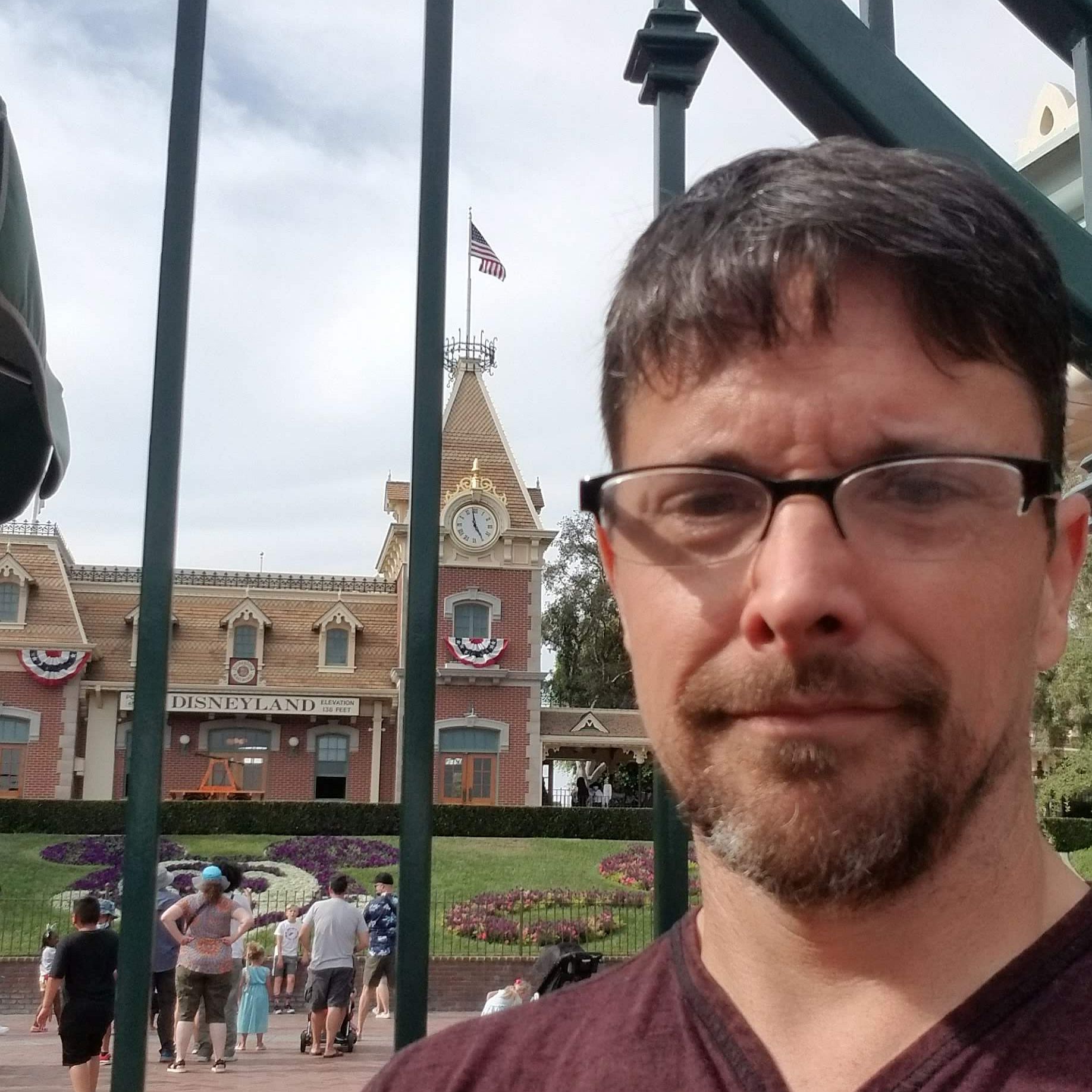
CinemaBlend’s resident theme park junkie and amateur Disney historian, Dirk began writing for CinemaBlend as a freelancer in 2015 before joining the site full-time in 2018. He has previously held positions as a Staff Writer and Games Editor, but has more recently transformed his true passion into his job as the head of the site's Theme Park section. He has previously done freelance work for various gaming and technology sites. Prior to starting his second career as a writer he worked for 12 years in sales for various companies within the consumer electronics industry. He has a degree in political science from the University of California, Davis. Is an armchair Imagineer, Epcot Stan, Future Club 33 Member.
